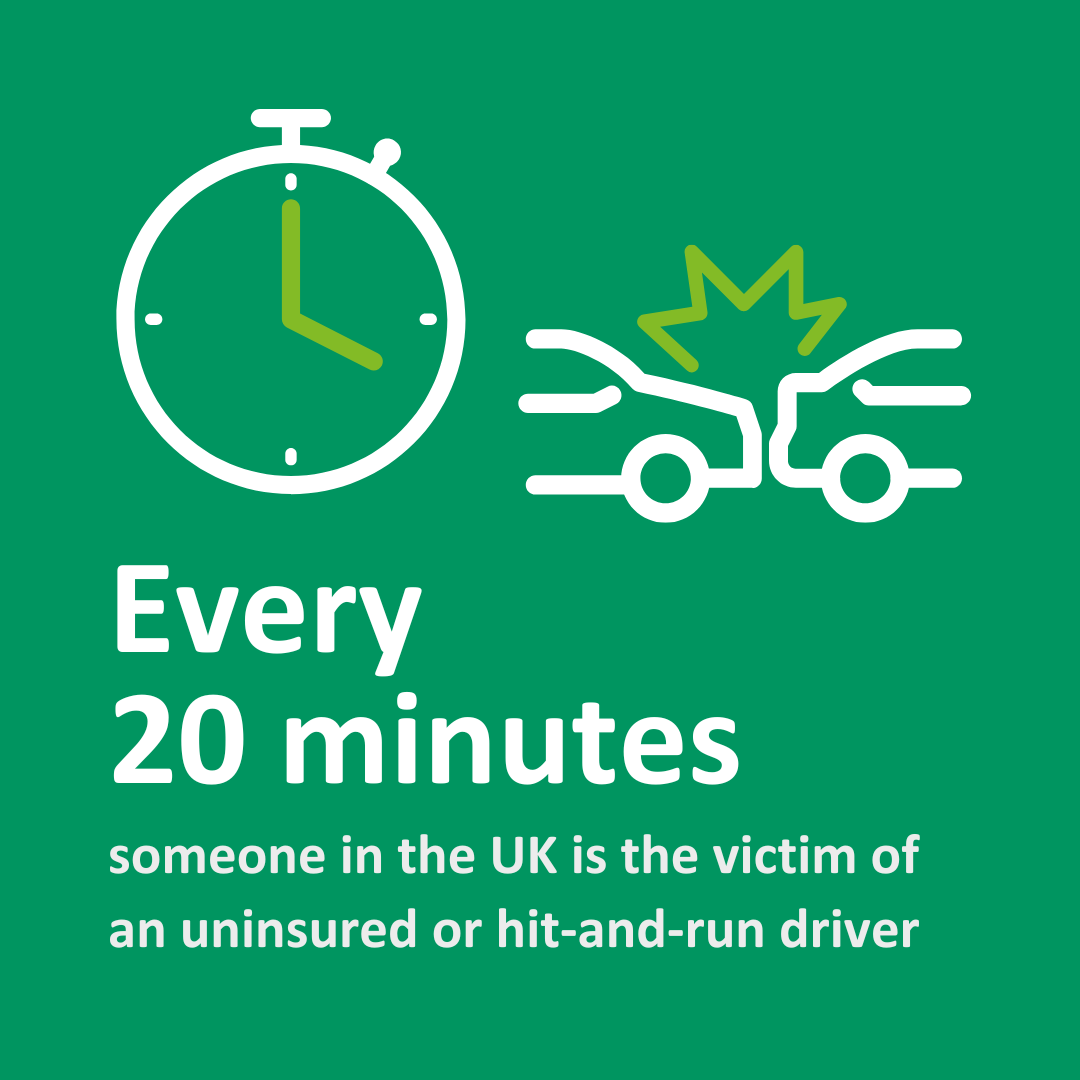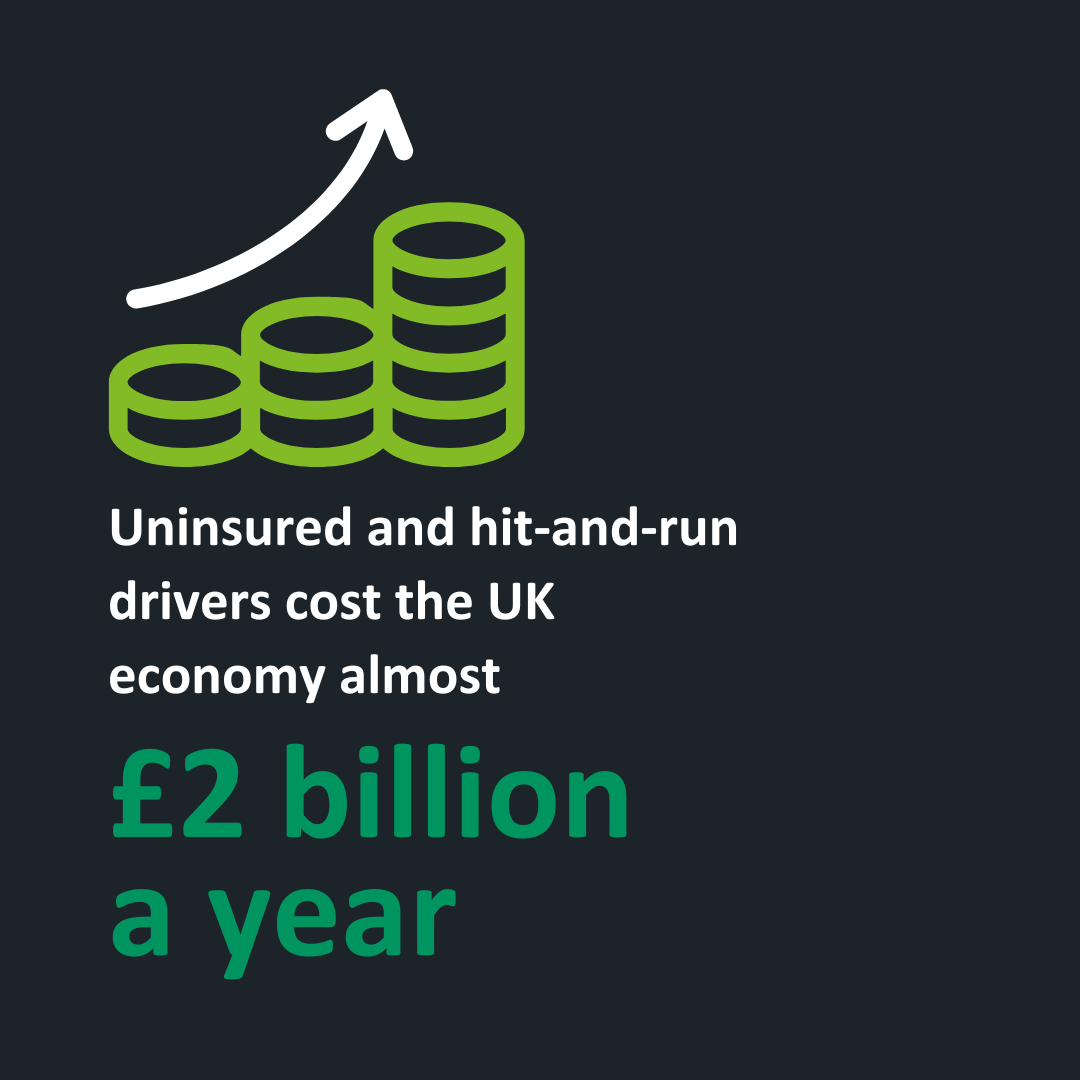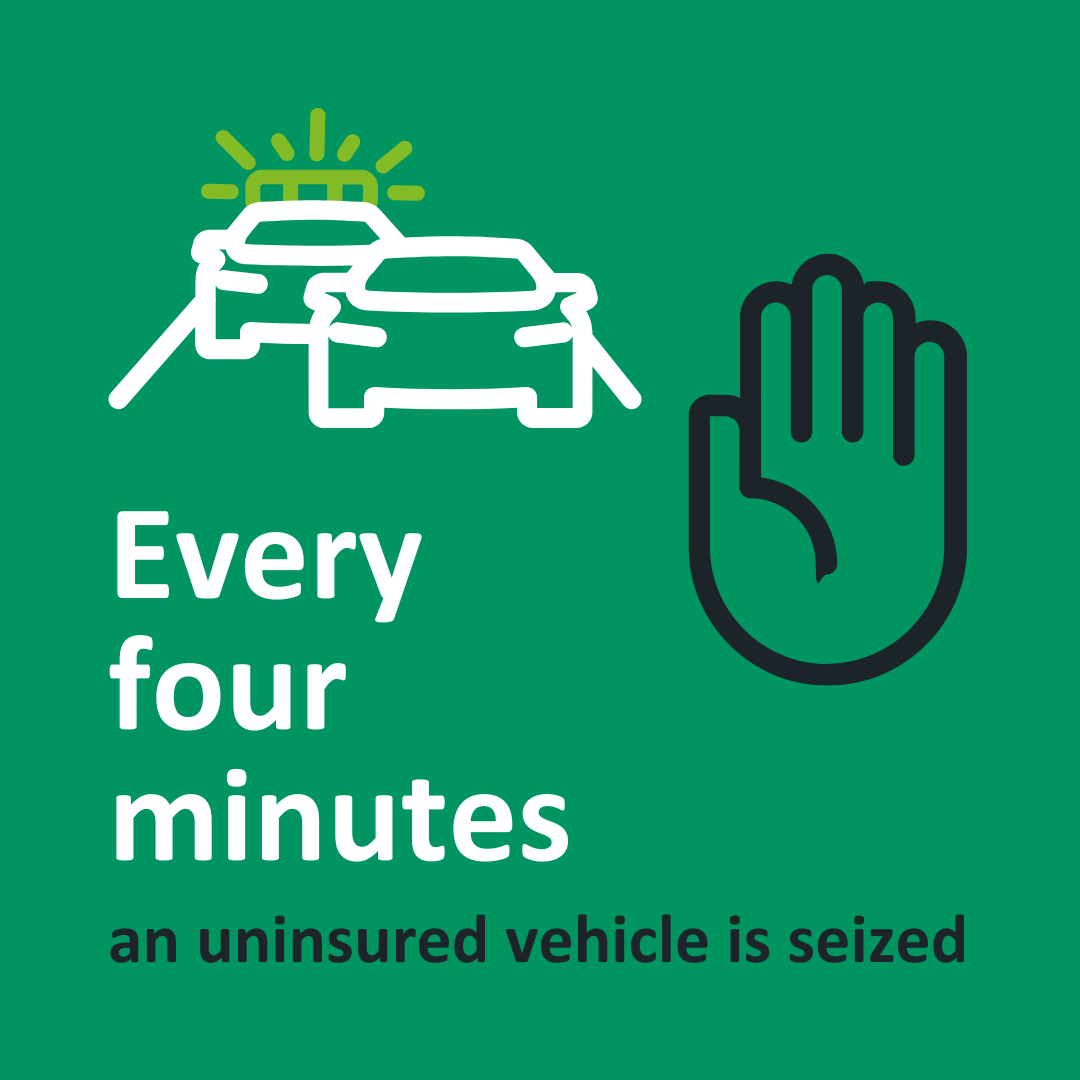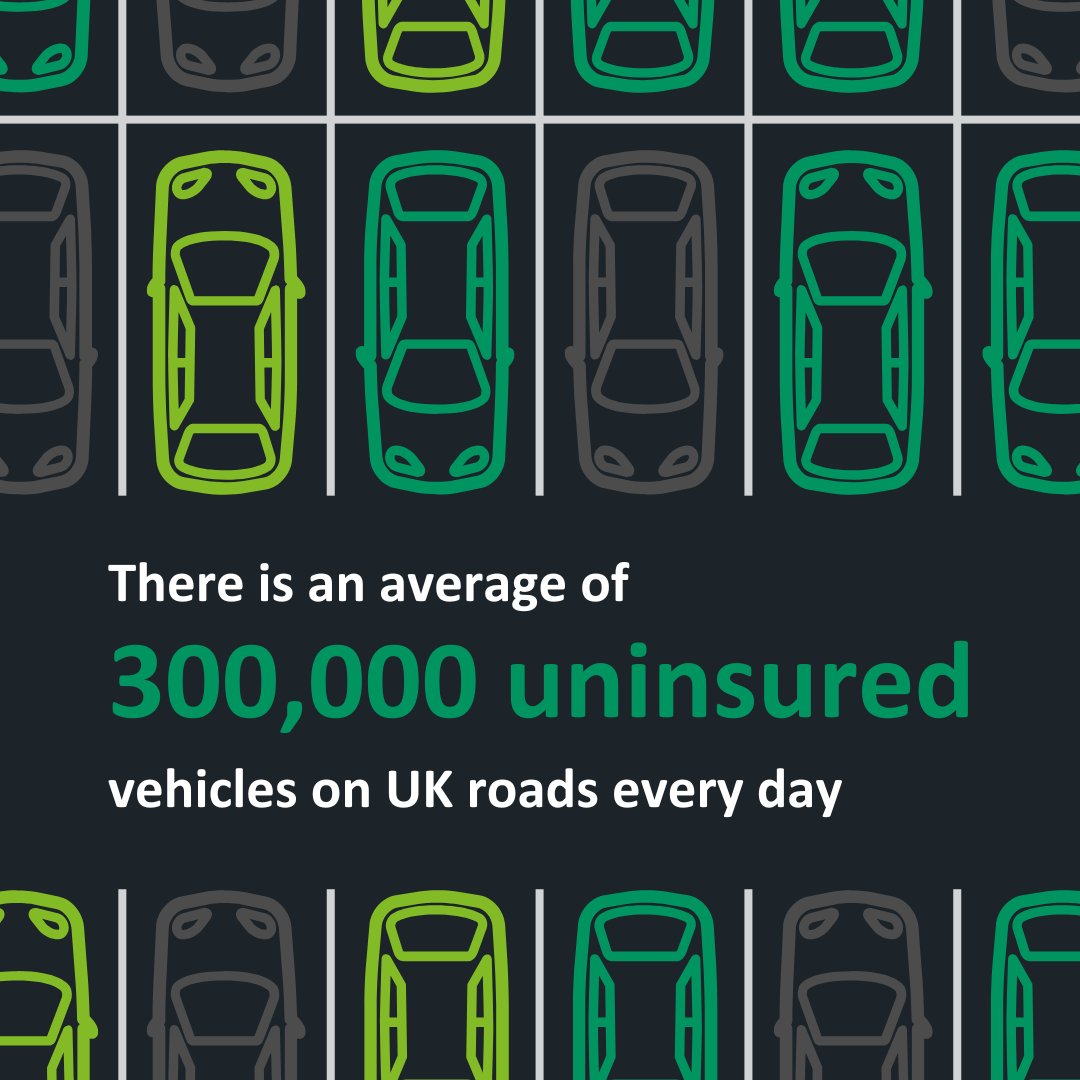There are several different types of motor insurance policies which differ depending on how you use your vehicle. If you are using your vehicle differently to the usage stated on your policy, your insurance will be invalid.
Social, Domestic and Pleasure (SDP) policies cover vehicle use for day-to-day activities, excluding travel to or from a singular place of work.
Social, Domestic, Pleasure and Commuting (SDPC) policies cover travelling to or from a singular place of work, such as an office or shop.
Business use is needed on your policy if you are travelling to more than one place of work, such as multiple site locations, to meet clients, or you work in a trade. Even just one business meeting or travel requirement means you need business cover, but many insurers offer this as a short-term add-on.
Hire and Reward (or delivery) insurance is needed if you use your vehicle for deliveries, such as pizza or parcels. Some insurers offer this themselves, whilst some will need a ‘top up’ policy from another provider.




